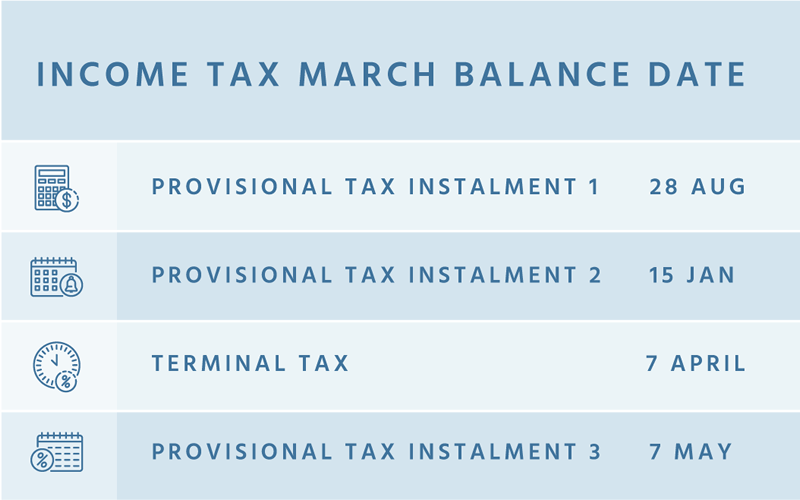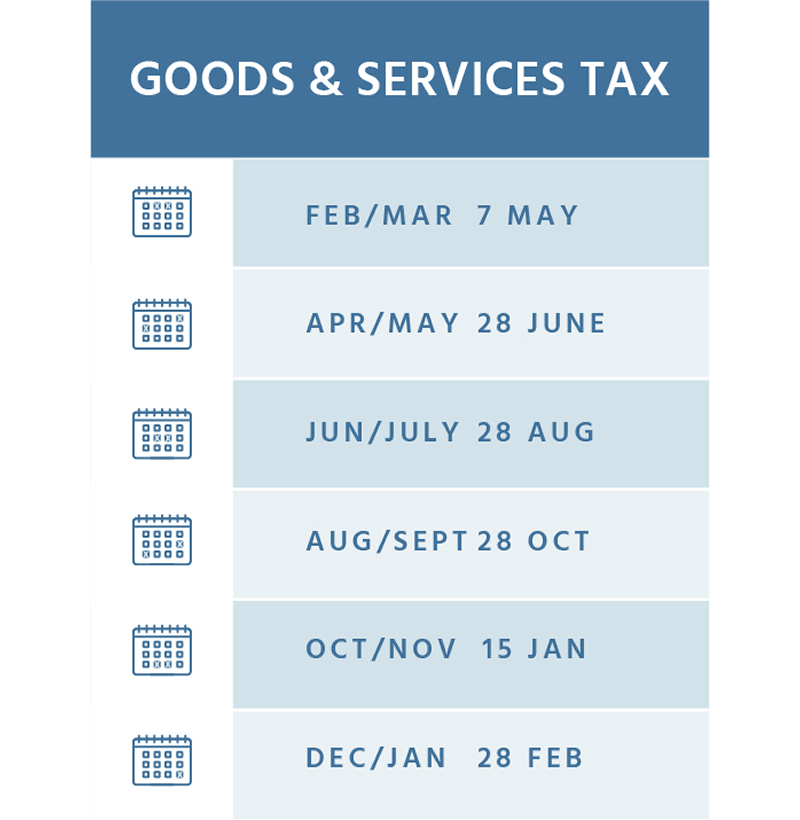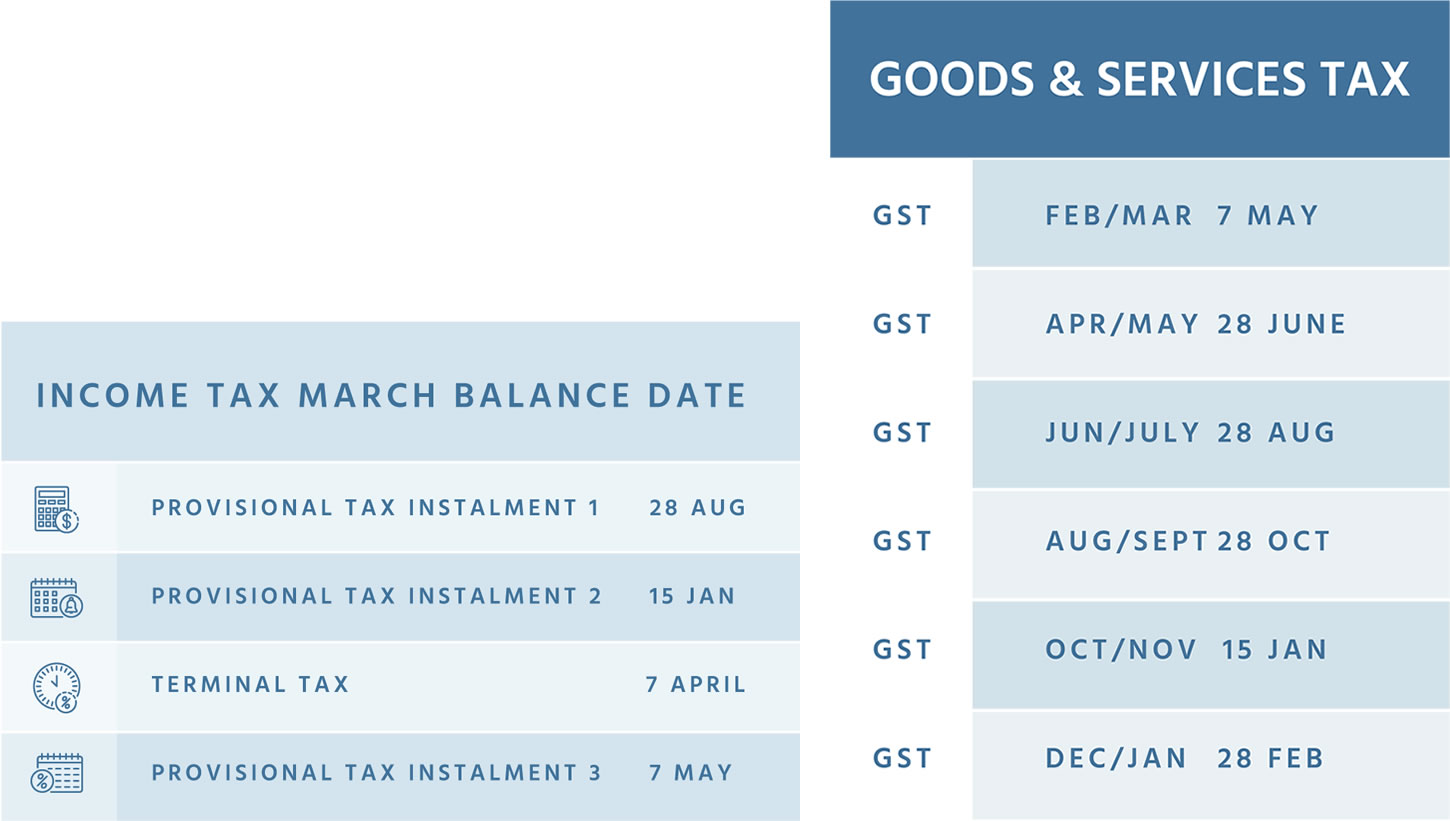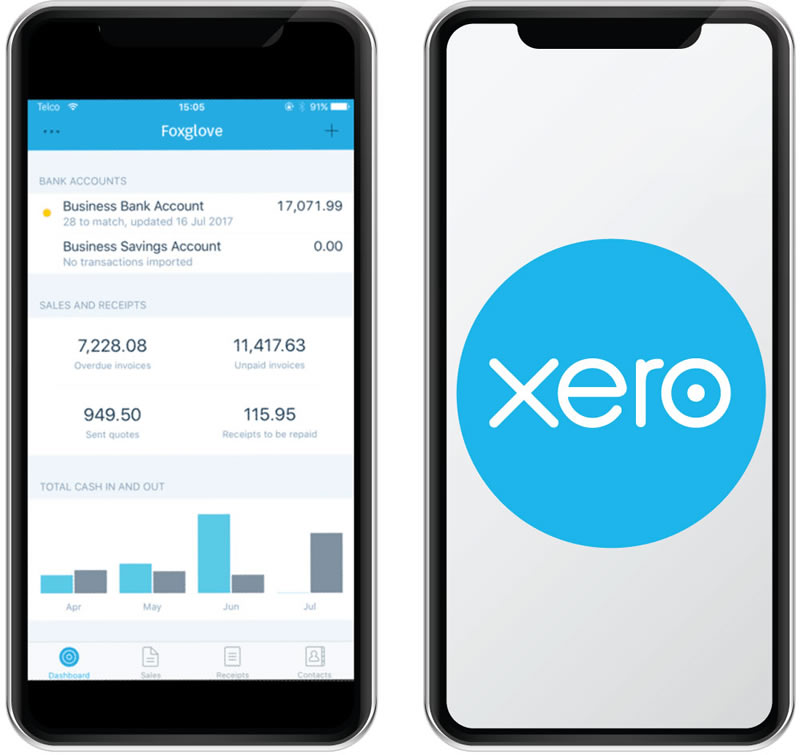KEY TAX DATES




Income Tax
Explained
Income tax gets called a lot of things, it encompasses terms such as PAYE, Withholding Tax, Provisional Tax, Terminal Tax, AIM. In small business, it is the latter 3 of these that you will commonly encounter.
Let's discuss exactly what these mean in a bit more detail.
Provisional
Tax
Provisional Tax is where you are paying your tax in advance throughout the financial year so you are not hit with a big bill at the end of the year.
At Evolve, if you are in your first year of trading, we will encourage you to make provisional payments to avoid the surprise big tax bill which is always hard to finance after the fact.
After your first year of trading the IRD will require Provisional Tax be paid, if it does not get paid and if after completing your year-end tax affairs it is calculated that you should have, then you will be charged penalties.
The IRD’s standard method of calculating how much you should pay is called "standard uplift". Typically, this Provisional Tax amount is based on the prior year’s result plus 5%, or depending on when you complete your tax return, it could be 10% of the year prior to that.


Terminal
Tax
Terminal Tax is the residual tax to pay if the Provisional Tax that you did pay was not enough after your actual tax position is calculated by us as your accountants. This is due 7th April the following year for most people. Interest might be charged up until this date, depending on your situation and if not paid by this date, then the IRD will start imposing late payment penalties.
Accounting
Income Method (AIM)
This method is another way paying your tax throughout the year, The benefit of this method is that you are payinig your Provisional Tax based on actuals throught the year, rather than what you have done historically, or what you think you are going to do.
This suits businesses that are -
- New businesses that don't have any historical income to base payments off
- Growing businesses
- Where it's difficult to estimate income
- Income is irregular and seasonal
The difference with AIM is that you pay your income tax when you file your GST return, based on actual performance.

